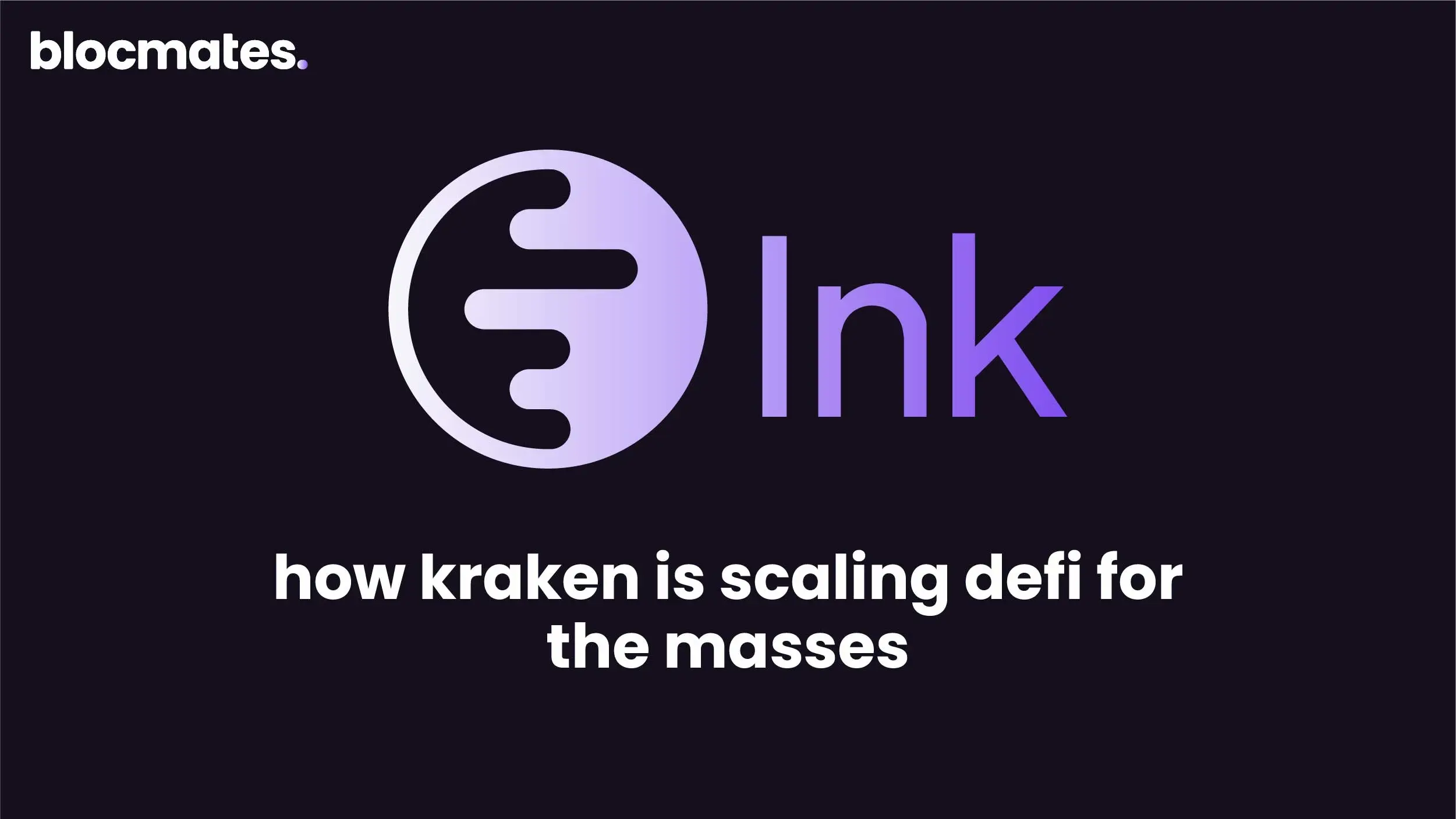MicroStrategy faces a class action lawsuit alleging it misled investors about Bitcoin-related risks and financial metrics amid new accounting rules.
Background
- MicroStrategy, led by executive chairman Michael Saylor, has become the largest corporate holder of Bitcoin, acquiring 499,096 BTC since 2020.
- The firm is now under legal fire, with a class action lawsuit accusing it of providing misleading disclosures tied to its Bitcoin investment strategy.
- Filed in the wake of a steep drop in MicroStrategy’s stock price, the suit claims the firm introduced non-standard KPIs such as “BTC Yield” and “BTC Gain” to promote its Bitcoin strategy, while minimizing risks tied to market volatility.
- Plaintiffs also allege the firm failed to properly disclose the effects of Accounting Standards Update (ASU) 2023-08, which mandates fair value reporting of digital assets.
Why should you pay attention?
- The lawsuit comes after MicroStrategy reported a $5.91 billion unrealized loss on its Bitcoin holdings in Q1 2025.
- On April 7, 2025, following the earnings announcement, MicroStrategy shares dropped 8.67%, triggering shareholder unrest and prompting legal action.
- The case may set a precedent for how public companies manage and report digital assets under new financial regulations.
Who said what?
- Michael Saylor, long the face of MicroStrategy’s Bitcoin pivot, has yet to comment publicly on the legal filing.
- Paul Grewal, Coinbase’s chief legal officer, defended corporate transparency but has not commented directly on this case.
- Online reactions vary, with users like @highdrow8 calling the suit baseless, while @Pau1R0b pointed to legitimate concerns about inflated KPIs and fair value disclosures.
- Law firms Pomerantz LLP and The Schall Law Firm have begun investigating and inviting shareholders to participate in the class action.
Zooming out
- The lawsuit could have broader consequences for corporate Bitcoin adoption, especially under the new fair value accounting standards implemented in 2023.
- While MicroStrategy remains a symbol of bullish institutional crypto adoption, the case exposes vulnerabilities companies face in balancing investor communication and regulatory compliance.
- Coupled with Saylor’s prior legal troubles, including a $40M tax fraud settlement in 2024, the current litigation may fuel further scrutiny of companies aggressively tying their treasuries to digital assets.


































.webp)

.webp)
.webp)

%20(1).webp)



























































%202.webp)


.webp)

.webp)
.webp)
.webp)


.webp)
.webp)

.webp)
.webp)
.webp)


.webp)
.webp)










.webp)


.webp)









.webp)







.webp)




.webp)


























.webp)







.webp)















.webp)

.webp)
.webp)

.webp)














.webp)

.webp)


.webp)








.webp)




